What we do.
SLAC offers an alternative educational concept that encourages and challenges innovative individuals
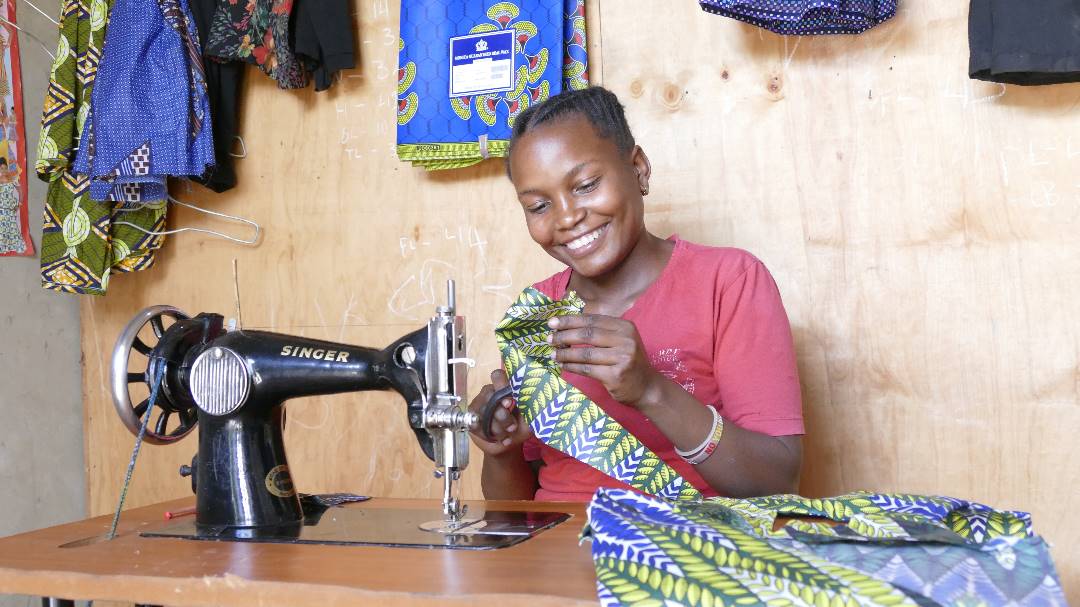
Tailoring
Working as a dressmaker in Uganda is a fast track to self-sufficiency, especially for women, and offers them the opportunity to build a successful business. William therefore networked about two dozen young women with tailor friends who shared their knowledge within a five-month training. In addition, participants received step-by-step guidance from William to help them get started on their own business. Several follow-up visits over the last three years showed that 16 participants are now running their own boutiques selling self-tailored garments. In this way, they have successfully escaped extreme poverty and dependence on their families.
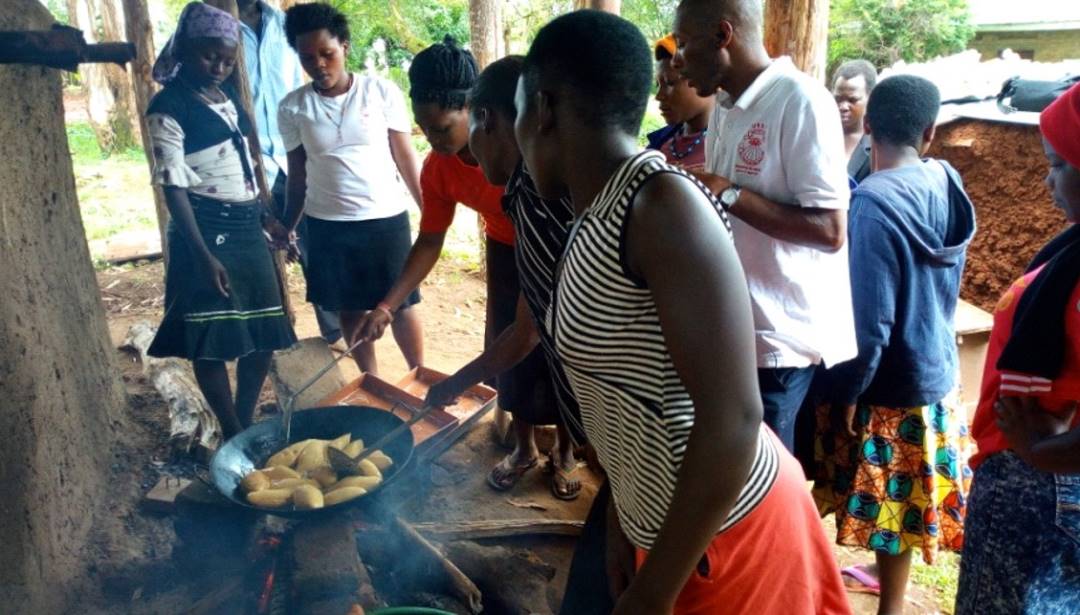
Baker training
In Uganda, training to become a baker offers an opportunity to become self-sufficient with little start-up capital and limited resources. William therefore cooperated closely with a local baker on a three-month training program. In this program, disadvantaged youth (both women and men) were taught not only the basics of baking and canning, but also the knowledge necessary to build their own oven using resources that were available at low or no cost. William also trained them to create their own business plan, in market analysis, customer service, safety standards and quality assurance. The 24 graduates of the courses are now self-employed bakers, successfully generating their own livelihoods.
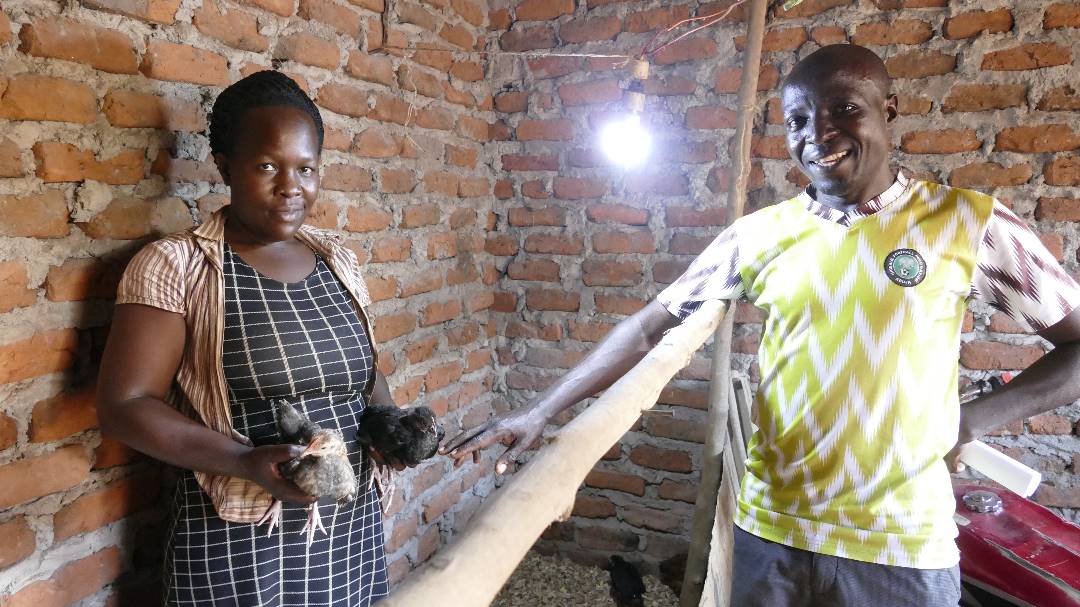
Poultry Farming Training
In Uganda, commercial poultry farming, especially with broilers, offers the advantage of being able to generate significant returns just a few months after starting your own business. William therefore trained 8 youth (both women and men) to become poultry farmers in weekend courses over a four-month period. The trainings included not only how to raise poultry under strict animal welfare conditions, but also skills in market analysis, quality assurance, and safety measures. The participants also learned about the further processing of animal waste products, including, for example, the production of organic fertilizers and pesticides for use on their own farms. Thanks to the courses, the youth are now successfully self-employed as poultry farmers.
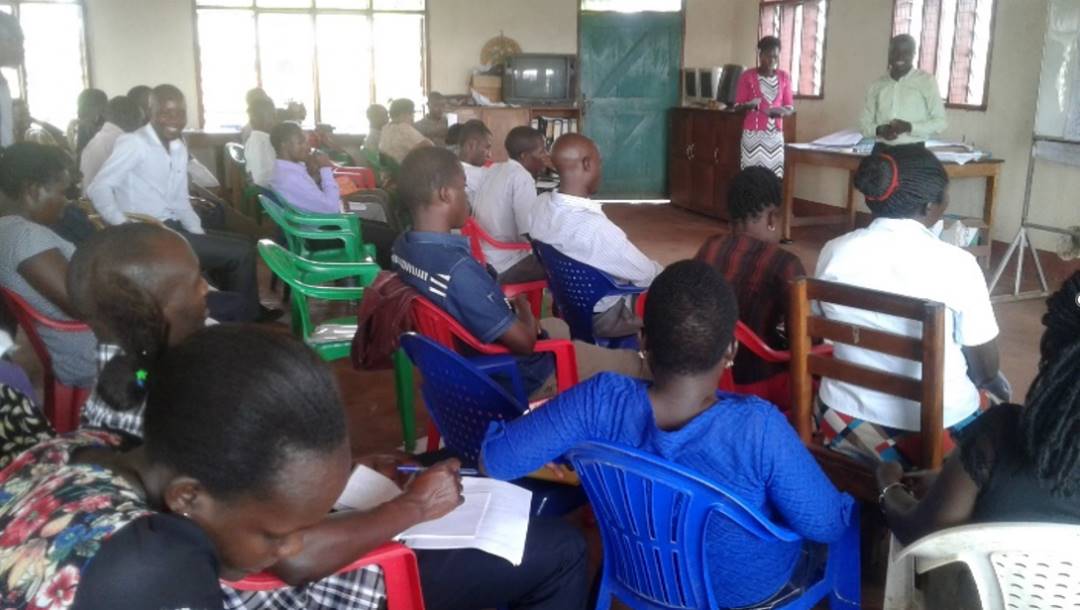
Health training
In cooperation with the Kibaale District Health Deputy, William organized several one- to two-day trainings on basic hygiene and health in the context of extreme poverty in July and August 2020. These trainings included introductions to local medicinal plants and their respective uses, soap making from ash and papaya leaves, and information on the benefits and risks of various vaccinations in the context of the Corona pandemic. The development of a "sick pass" in collaboration with local authorities proved particularly effective, enabling HIV patients, among others, to see doctors in more distant regions despite Covid restrictions. Some trainings specifically targeted pregnant minors, with whom William discussed not only health and hygiene, but also resilience-building measures, career opportunities, and general safety and self-reliance.
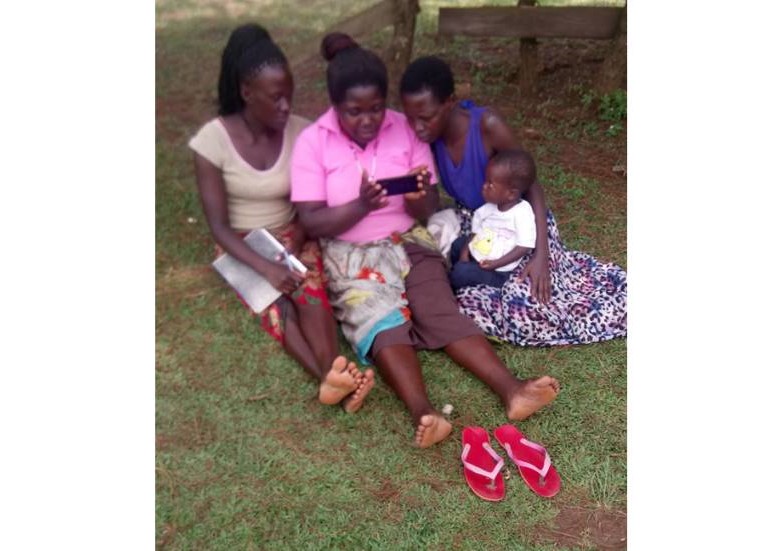
Computer and technology training training
Poverty also means unequal access to modern technologies, so people from the global south are usually at a great disadvantage in the digital world. In order to still be able to keep up in the ever-expanding and lucrative field, William organized weekly training sessions, in which women learned basic IT skills. Particular focus was placed on developing digital communication skills to enable the largely self-employed women to maintain and grow their respective customer bases. The training took place over a period of six months and enabled the 38 graduates to gain a foothold in the digital world.